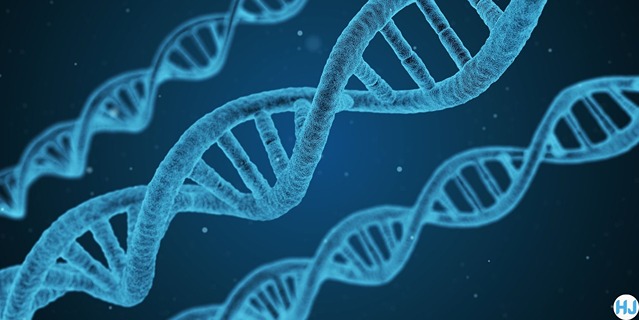It’s the fascinating phenomenon that keeps our DNA dancing to its own unique rhythm.
Hey there, curious minds!
Ever wondered what exactly mutations are and how they shape life as we know it? Well, buckle up because we’re about to dive into the captivating realm of mutations – those sneaky little changes in our DNA that can lead to some pretty remarkable outcomes.
What Exactly Are Mutations?
Imagine this: DNA, the blueprint of life, is like a complex recipe book that dictates everything about us. But sometimes, when our cells are copying this recipe book (a process called DNA replication), they make little mistakes. These mistakes, known as mutations, can lead to alterations in our genetic code.
Mutations come in all shapes and sizes, and they can have a wide range of effects. Some are harmless, while others can be downright game-changers, influencing everything from our physical traits to our susceptibility to certain diseases.
Causes of Mutation
Now, let’s talk about what causes these mutations to happen in the first place. There are both internal and external factors at play.
Internally, mutations often occur during DNA replication when our cells are dividing. Sometimes, the copies aren’t perfect replicas, leading to those subtle but significant changes in our genetic makeup.
Externally, things like exposure to certain chemicals or radiation can also wreak havoc on our DNA, causing it to break down and mutate. Think of it like our DNA getting a little too much sun and ending up with a sunburn – except instead of redness, we get genetic alterations.
Effects of Mutations: The Good, the Bad, and the Fascinating
Now, let’s talk about the effects of these mutations. Some are just one-time troublemakers, affecting only the cells they happen in (we call them somatic mutations). But then, there are the ones that pass down through generations, known as germline mutations. They’re the real game-changers!
Picture this: a beneficial mutation swoops in like a superhero, giving organisms a fighting chance against threats like antibiotics or even heart disease. But alas, not all mutations wear capes—some bring about genetic disorders like cystic fibrosis or stir up trouble like cancer.
So, why should you care about mutation? Well, my friends, understanding mutation is like uncovering the secrets of life itself. It’s about decoding the language of our genes and learning how tiny changes can shape the world around us.
So, whether you’re a science enthusiast or just curious about the mysteries of mutation, keep exploring, keep learning, and who knows? Maybe one day, you’ll uncover the next big breakthrough in genetics!
And hey, if you want to dive deeper into the world of mutation, stay tuned right here at HealthyJacks for more fascinating insights. Until next time, keep questioning, keep exploring, and never stop wondering about the wonders of mutation!
Conclusion
In conclusion, mutations are the fascinating drivers of genetic diversity, shaping life in unpredictable ways. Understanding their mechanisms and effects unlocks the secrets of evolution and disease. Embrace the marvels of mutation, for within them lies the key to unlocking the mysteries of life itself.
Similar FAQ
What is mutation?
Mutation is a small but significant change in our DNA’s base pair sequence, which can lead to alterations in the proteins produced by our DNA.
What causes mutation?
Mutation can occur due to internal factors like errors during DNA replication or external factors such as exposure to certain chemicals or radiation.
Are all mutations bad?
Not necessarily! While some mutations can cause genetic disorders or diseases like cancer, others can actually be beneficial, helping organisms adapt to their environment and driving evolution.
How do mutations affect organisms?
Mutations can have varying effects. Some mutations only impact the cells they occur in (somatic mutations), while others can be passed down through generations (germline mutations), influencing the traits of future offspring.
Can mutations be prevented or fixed?
While some mutations are unavoidable, our cells have mechanisms to repair DNA damage caused by mutations. However, prevention strategies like minimizing exposure to harmful substances can help reduce the risk of mutation.
Why should we care about mutations?
Understanding mutations is crucial for unraveling the mysteries of genetics and evolution. It helps us comprehend how tiny changes in DNA can shape the diversity of life on Earth and contributes to advancements in medical research and treatment development.
Similar Articles :
Your Complete Guide to Dengue Fever Prevention Tips for All Ages
What is treatment of stage 4 liver cancer

